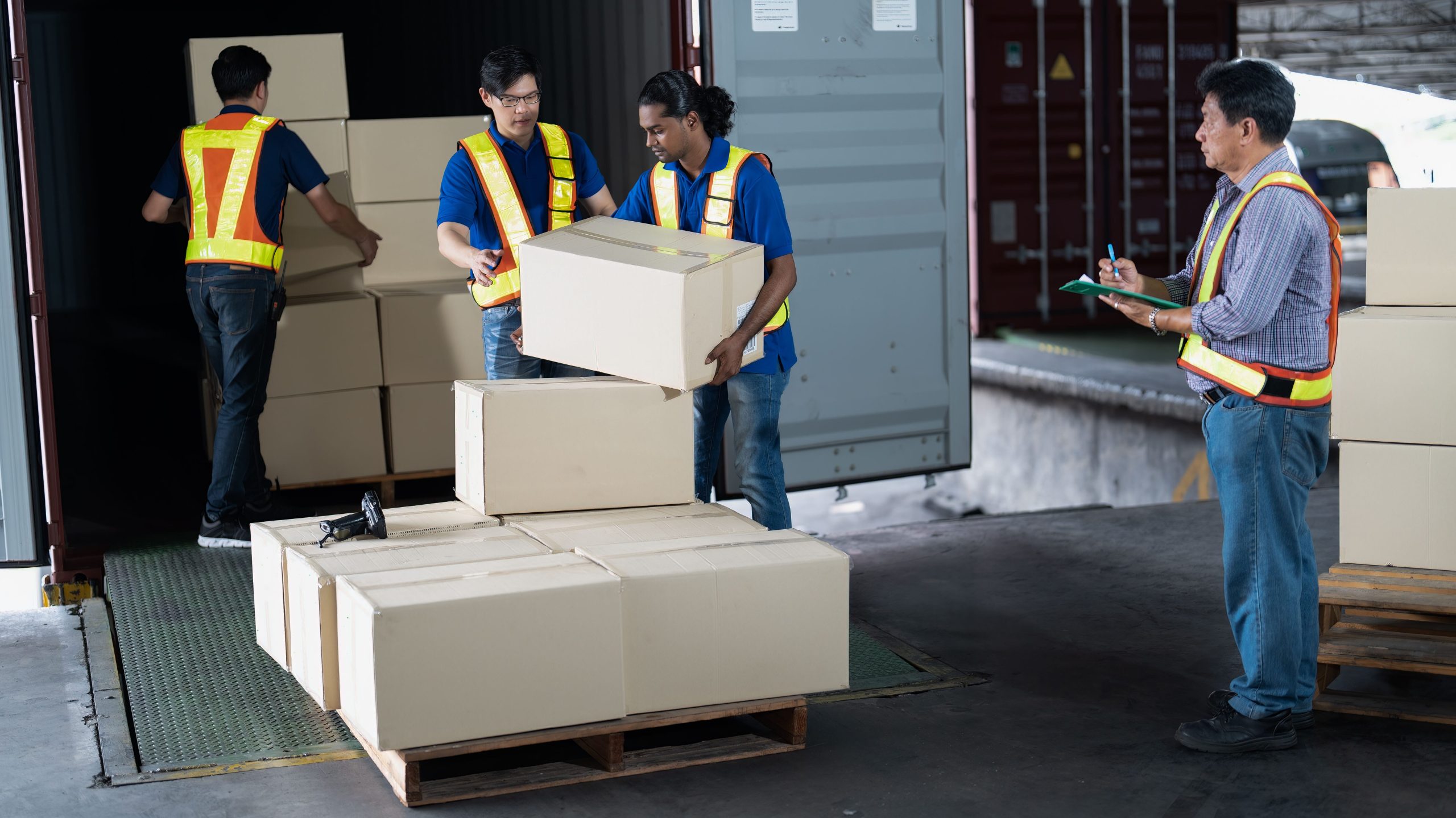The Importance of Inbound Freight Management for Cost Savings and Supply Chain Efficiency
Tia Amin

To stay competitive and safeguard profit margins, companies must constantly improve their supply chain efficiency. However, many shippers tend to overlook easy opportunities within their logistics network that could make achieving these goals simpler.
One such opportunity is inbound freight. By taking greater control over how products and materials are routed and the inbound freight costs paid by the company, overall shipping costs can be reduced.
Yet, it’s easy to see why many companies neglect this opportunity. Inbound shipping costs can be difficult to isolate, with many suppliers including them in the cost of goods sold and not showing them as a separate line item on invoices. Consequently, suppliers may not be as focused on finding the best shipping options, and some may even add a margin to what carriers charge.
Taking greater control over inbound freight provides several hard and soft-dollar savings and benefits, including enhanced visibility, inventory management, and informed production planning. Any company managing their inbound shipping will realize many short- and long-term advantages.
To identify whether a company is missing inbound freight opportunities, the solution is simple: if the company is paying the freight cost, they should control the carrier and mode chosen.
The cost of bringing goods into your facility can vary widely depending on the suppliers you choose, even if you are already managing the inbound shipping. The most important factors that influence the cost of inbound freight are typically the distance and the required transit time.
When selecting suppliers, it’s crucial to take into account the higher shipping expenses that come with longer distances and premium shipping modes, such as air versus ground. These costs should be factored into the overall cost of the goods being sourced, regardless of who is responsible for shipping the goods. Companies should ensure that their sourcing teams consider supplier locations and the associated shipping costs, in addition to the costs of the goods themselves. This means that the procurement and logistics functions should work together.
Once these costs are accounted for, there are many other benefits that better inbound freight management can provide.
Establishing routing guides is a common and necessary way for suppliers and vendors to know how to correctly route inbound shipments. However, relying on static routing guides that dictate carrier options is insufficient. Carrier availability and rates frequently fluctuate, and dynamic routing guides provide flexibility for handling inbound shipments based on the current market environment.
To ensure that inbound shipments are handled correctly, it is important to establish a process for all inbound shipments to be arranged through the logistics department. This is because suppliers may not be familiar with your rates or carrier service performance, and they need clear instructions. In addition, routing guides should be updated frequently to ensure accuracy.
An even better option is to provide online booking tools, like StellarShip+, to suppliers, which makes it easier to choose the best carrier based on costs and transit time without involving the internal logistics team. This results in more efficient pick-up and delivery, improved invoice accuracy, and seamless payment.
By taking control of inbound shipments, companies can ensure that required delivery dates are met at the best possible price, and there are additional soft savings and benefits as well.
Controlling inbound freight can bring significant benefits to a company’s supply chain, and Key Performance Indicators (KPIs) can be a useful tool in achieving these benefits. By gaining greater visibility into inbound products and materials, companies can improve their production planning, warehouse, and fulfillment functions. However, many companies overlook inbound shipping costs, which limits the usefulness of their logistics data. By managing inbound shipping costs, companies can gain a more complete understanding of their transportation costs, which can lead to more accurate logistics budgeting and increased value from transportation cost data.
To effectively monitor supplier performance, it is essential to have a comprehensive understanding of inbound shipping. This approach offers a broader perspective on essential key performance indicators (KPIs) beyond cost. When suppliers take responsibility for shipping, important details can be overlooked, such as identifying when suppliers miss production deadlines or when problems arise with overages, shortages, or damages (OS&D). In other words, suppliers can conceal their issues by handling delivery.
By having better visibility into the inbound materials, companies can hold suppliers accountable for their performance. This way, companies can align delivery times with their production schedules and requirements better. This approach results in more precise lead times on inbound materials, which makes inventory management and order fulfillment more effective.
Improving the management of inbound freight can result in both significant cost savings and increased control. Logistics visibility has become a popular topic in the shipping industry, and for good reason. For many companies, inbound shipments represent a blind spot in their supply chains. Taking control of inbound freight is a quick way to address this issue and provides numerous strategic benefits.
As a leading 3PL, our team at Stellar Logistix utilizes a unique combination of industry expertise, state-of-the-art technology, and award-winning customer service to simplify transportation management for our clients. Our logistics experts are available to help you select the most appropriate mode for your shipments. We assess your transportation requirements, identify efficiencies, and deliver the transportation solutions that are optimal for your business, including for inbound freight.
Stellar Logistix offers services for all modes of transportation, such as truckload, partial truckload, less than truckload (LTL), intermodal, and expedited.
To speak with a Stellar Logistix representative today, please call us at 1-888-257-8355 or email us at [email protected]. Alternatively, you can request a shipment quote.